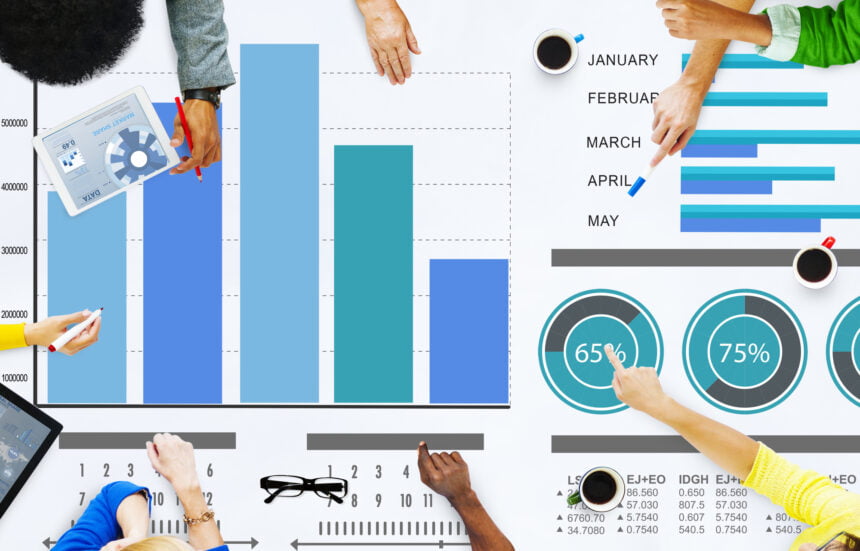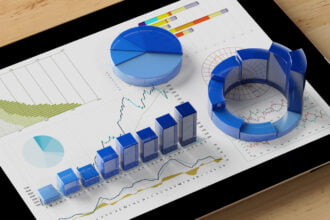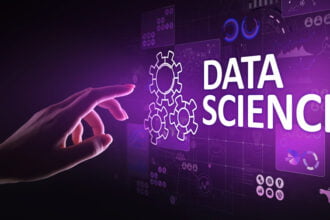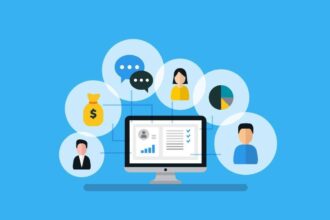Big data can be an intimidating concept. Whether you’ve been using it for a while in your business or you’re just starting to explore the possibilities, there’s a lot to consider.
Large corporations can hire dedicated data experts or even a full big data team, but small businesses have to be more selectively strategic in how they approach collecting and leveraging data.
There are so many ways that data could benefit your business and boost your growth. The best techniques to use will depend on your industry, audience, and other factors.
Here are some niche data tactics and uses to consider when planning your strategy.
Finding out WHEN Your Customers Buy
Ad spending can easily get out of control, especially if you’re not seeing much in terms of return on investment. One way you can use data to get more from your ads is to analyze when your customers do most of their buying.
Different groups of people have different habits, and if you’re serving a niche market, you might see some similarities within the data.
For example, if you’re marketing to mothers with young children, you might notice that they do their buying in the middle of the day when the kids are napping.
Leveraging data about the time orders are placed can allow you to adjust your marketing strategies for greater profitability.
Taking a Closer Look at Your Expenses
Every business has expenses, and it’s easy for those expenses to pile up. While some expenses can’t be reduced or cut, you likely have some that are unnecessary.
Data can tell you how much you’re spending and on what. Once you know, you can take a closer look and find out where you might be able to make cuts without sacrificing too much.
Figuring Out Your Most Profitable Product
Regardless of the products or services you offer, there are some that will be more or less profitable than others. But do you really know which of your products are your top performers?
There are lots of factors that go into profit, including factors like materials, labor, price, and margin.
Collecting data on these different factors can help you zero in on the products that are making you the most money overall. That information can be used to boost your marketing efforts, focus, and other strategic decisions.
It also might help you decide when and if to drop products or services that are taking more time and investment than they should.
Improving Your Customer Service
Data is important for getting to know your customers. This is critical for success in business — you need to know your audience if you want to cater to their needs.
Using big data, you can discover all sorts of important information about your best customers, such as how they prefer to communicate, what they’re buying, and how often they try to contact you.
That kind of information can help you improve your customer service efforts, without simply hiring more people. You can use data in different ways to optimize how and when you’re communicating with customers and how you handle complaints. This will help your business grow and help you build valuable loyalty.
Personalizing Your Marketing
Personalization in marketing continues to grow, and it’s not a niche reserved just for big companies. Small businesses can break their email lists down into different segments and send different deals and emails to each segment, catering to individual tastes.
Or, you can send different content to customers depending on their preferences. There are lots of tools available that can help automate these processes and make them more accessible for small businesses!
Figure Out Your Priorities
To effectively use data, you need to start with strong data mining practices. You have to continuously collect data from your business and organize it so it can be used to improve your business decisions.
However, that’s just the beginning. Once your data is prepped and ready for analysis, you need to set your priorities.
Begin by yourself how your data could best serve your business. Where are you seeing the biggest problems or opportunities for growth? Working on one niche area of your business at a time will help ensure that you don’t get overwhelmed.
Effectively using data isn’t always easy, but it’s well worth the effort!











